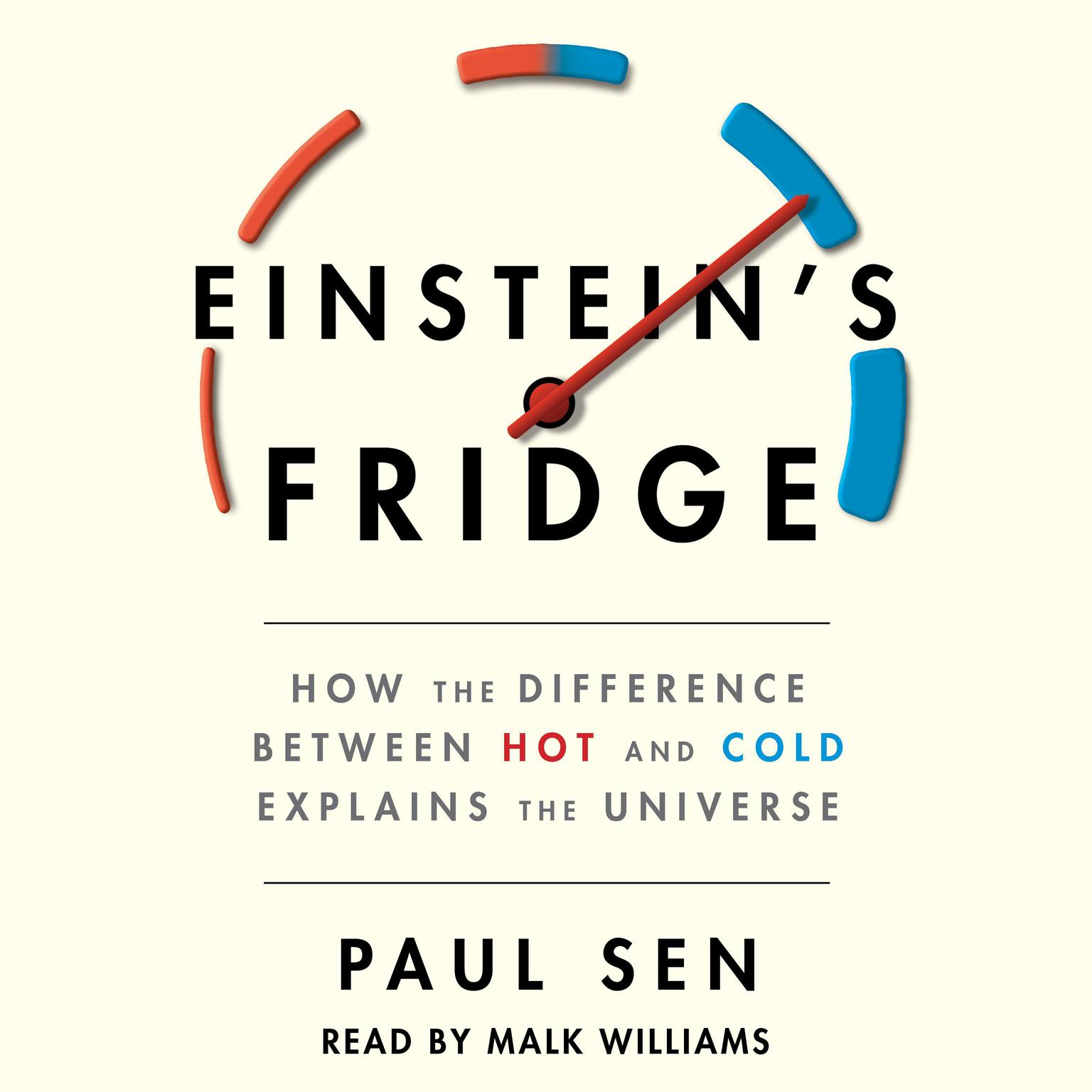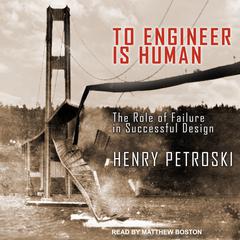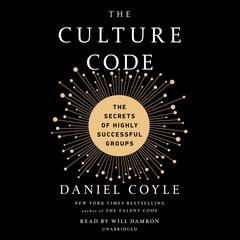 Play Audiobook Sample
Play Audiobook Sample
Einstein's Fridge: How the Difference Between Hot and Cold Explains the Universe Audiobook
 Play Audiobook Sample
Play Audiobook Sample
Quick Stats About this Audiobook
Total Audiobook Chapters:
Longest Chapter Length:
Shortest Chapter Length:
Average Chapter Length:
Audiobooks by this Author:
Publisher Description
An entertaining, eye-opening account of the extraordinary team of innovators who discovered the laws of thermodynamics essential to understanding the world today—from refrigeration and jet engines to calorie counting and global warming—for fans of How We Got to Now and A Short History of Nearly Everything.
Einstein’s Fridge tells the incredible epic story of the scientists who, over two centuries, harnessed the power of heat and ice and formulated a theory essential to comprehending our universe. Thermodynamics—the branch of physics that deals with energy and entropy—is the least known and yet most consequential of all the sciences. It governs everything from the behavior of living cells to the black hole at the center of our galaxy. Not only that, but thermodynamics explains why we must eat and breathe, how lights turn on, the limits of computing, and how the universe will end.
The brilliant people who decoded its laws came from every branch of the sciences; they were engineers, physicists, chemists, biologists, cosmologists, and mathematicians. From French military engineer and physicist Sadi Carnot to Lord Kelvin, James Joule, Albert Einstein, Emmy Noether, Alan Turing, and Stephen Hawking, author Paul Sen introduces us to all of the players who passed the baton of scientific progress through time and across nations. Incredibly driven and idealistic, these brave pioneers performed groundbreaking work often in the face of torment and tragedy. Their discoveries helped create the modern world and transformed every branch of science, from biology to cosmology.
Einstein’s Fridge brings to life one of the most important scientific revolutions of all time and captures the thrill of discovery and the power of scientific progress to shape the course of history.
Download and start listening now!
“Impressive debut…Sen’s history of hot and cold is pop-science that hits the mark.”
— Publishers Weekly
Einstein's Fridge Listener Reviews
Be the first to write a review about this audiobook!
About Malk Williams
Malk Williams is a voice talent and Earphones Award–winning audiobook narrator.























